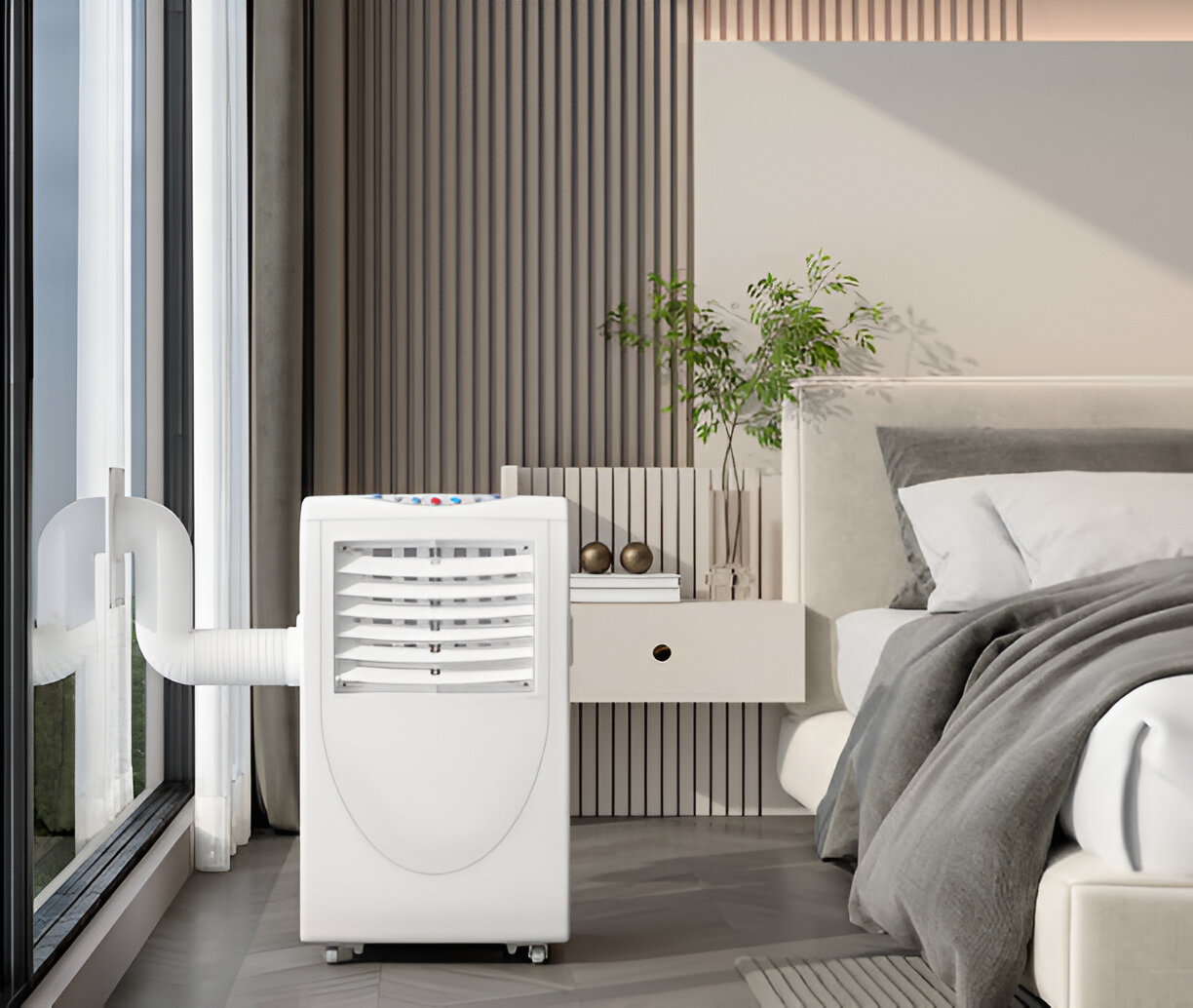Air Filtration in South Houston, TX
Air Filtration in South Houston, TX
Clean indoor air is essential in South Houston, TX where high humidity, coastal pollen, and industrial pollutants can make homes and businesses feel stuffy and unhealthy. Professional air filtration helps reduce allergens, protect asthma sufferers, limit odors and smoke intrusion, and extend HVAC equipment life.

Why air filtration matters in South Houston, TX
South Houston experiences a humid subtropical climate with year-round humidity, seasonal spikes in tree and grass pollen, occasional wildfire and industrial smoke, and higher indoor mold risk. Those local factors increase airborne particles and biological contaminants. Effective air filtration:
- Lowers particulate matter that triggers allergies and asthma
- Reduces household dust and soot from nearby traffic and industry
- Helps control mold spores in damp conditions when paired with humidity control
- Improves indoor comfort and perceived air freshness
Common air filtration needs and issues in South Houston, TX
- Allergy and asthma relief: pollen, dust mite allergens, mold spores
- Odors and VOCs: cooking, humidity-related mustiness, nearby industrial odors
- Smoke infiltration during regional fires or industrial events
- HVAC strain from clogged filters in high-dust environments
- Poor filtration in older systems or buildings without ductwork
Air filtration options: residential and commercial
Residential options
- Standard HVAC media filters: economical, installed in the return grille or furnace cabinet. Available in a range of MERV ratings.
- Pleated MERV 8 to MERV 13 filters: common choice balancing filtration and airflow for many homes.
- Whole-home HEPA compatible solutions: modular systems or upgraded housings that accept HEPA-level filtration when the HVAC system is sized appropriately.
- Portable HEPA air purifiers: effective for rooms where whole-home upgrades are impractical.
- Activated carbon filters: reduce odors and some VOCs when combined with particulate filtration.
Commercial options
- High-efficiency media filters: MERV 11 to MERV 14 for retail and office spaces.
- MERV 13+ and HEPA systems for healthcare, lab, or industrial tenant spaces with stricter requirements.
- Electronic air cleaners and bipolar ionization (system-specific): installed with attention to byproducts and performance testing.
- Carbon adsorption systems for strong odor or chemical control in industrial settings.
Understanding filter types and MERV ratings
- MERV 1-4: Basic protection against large particles. Not recommended for allergy control.
- MERV 5-8: Captures dust, pollen, and fine particles. Standard for many households.
- MERV 9-12: Better removal of fine dust, mold spores, and pet dander.
- MERV 13-16: High efficiency for allergy and asthma management. Captures most airborne bacteria and smoke particulates.
- HEPA: Higher than MERV 16. Removes 99.97 percent of particles 0.3 microns and larger. Requires compatible HVAC or use in portable units.
Note: Higher MERV or HEPA filters increase pressure drop. Technical assessment is required to confirm HVAC fan capacity and static pressure limits to avoid reduced airflow or equipment stress.
Replacement schedules and maintenance
- Standard pleated filters: check monthly; replace every 90 days under normal conditions. In South Houston, with higher humidity and pollen, many homes benefit from checking filters every 30 days and replacing every 45 to 60 days.
- MERV 13+ and denser filters: replace or inspect every 30 to 60 days based on dust load and pressure drop.
- Portable HEPA units: replace HEPA cartridges per manufacturer guidance, typically 6 to 12 months.
- Activated carbon filters: replace when odor removal declines, often 3 to 6 months depending on use.
- For commercial settings, follow facility-specific maintenance schedules and log filter changes to ensure compliance with indoor air quality plans.
Performance expectations
- MERV 8 to 11: noticeable reduction in visible dust and common allergens; moderate improvement for mild allergy sufferers.
- MERV 13+: significant reduction in pollen, pet dander, and smoke particles; many allergy and asthma sufferers report measurable symptom relief within days to weeks.
- HEPA (portable or whole-building when feasible): best-in-class particulate removal for critical spaces; reduces fine particles including wildfire smoke and most airborne allergens.
- Limitations: Filters do not remove all gases and VOCs unless carbon or specialty media are used. Filtration works best combined with ventilation control, humidity management, and source control.
Maintenance tips specific to South Houston
- Monitor filters more frequently during pollen season and after storms that stir up dust.
- Pair filtration upgrades with dehumidification to limit mold growth from humidity and to reduce microbial survival on filters.
- Keep outdoor air intakes screened and shaded to reduce pollen and debris ingress.
- Seal gaps around returns and registers to prevent dirty bypass and maintain filtration efficiency.
- Use portable HEPA units in bedrooms during peak pollen or smoke events for targeted protection.
FAQs
Q: Which MERV rating is right for allergy and asthma in South Houston?
A: For most allergy and asthma sufferers, MERV 11 to MERV 13 offers effective particulate removal while balancing airflow. Confirm HVAC compatibility before upgrading to MERV 13 or higher.
Q: Can my HVAC handle a MERV 13 filter?
A: Only a diagnostic check of static pressure and fan capacity will confirm. If the system cannot maintain airflow, options include a staged upgrade, a dedicated HEPA housing, or using portable HEPA units.
Q: How often should I change filters given South Houston humidity and pollen?
A: Check filters every 30 days during high pollen or smoke seasons. Replace standard pleated filters every 45 to 90 days depending on load; higher-efficiency filters may require monthly checks.
Q: Will air filtration remove odors from nearby industry or VOCs from cleaning products?
A: Particulate filters reduce particles but do not eliminate all odors or VOCs. Activated carbon filters reduce many odors and some VOCs; for heavier chemical loads, specialized adsorption systems are recommended.
Q: Can portable HEPA purifiers substitute for whole-home filtration?
A: Portable HEPA units are highly effective for individual rooms and are a practical choice when whole-home upgrades are not feasible. Use high CADR units sized to the room for best results.
ConclusionUpgrading and maintaining proper air filtration is one of the most effective steps South Houston homeowners and businesses can take to improve indoor air quality, protect sensitive occupants, and reduce dust and particulate loads on HVAC systems. With targeted diagnostics, appropriate filter selection, and consistent maintenance tailored to the Gulf Coast climate, you can expect measurable improvements in comfort and health.
Customer Testimonials
Our customers praise our exceptional service and attention to detail, consistently exceeding expectations.































































